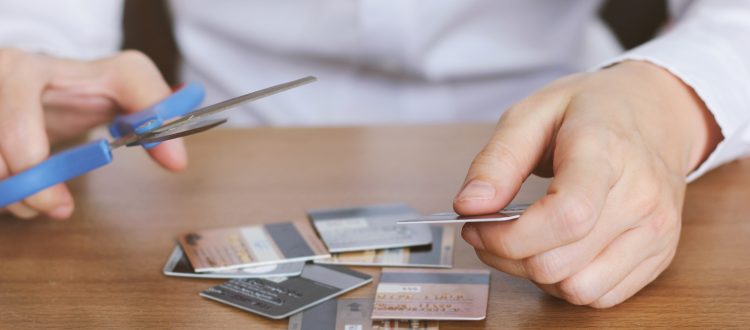Filing for Bankruptcy and What You Should Know About Student Loans
If you’re reading this, you’re probably considering applying for bankruptcy or going through it. While this is a difficult time, it’s necessary to know all of the details. Some things cannot be discharged under bankruptcy, including most domestic support obligations (divorce stuff), some income tax payments and some injury suits. However, sometimes student loan debt can be discharged, but not easily. Here are some things you should know about student loan debt and bankruptcy.
It’s likely your student loan debt will not be discharged during bankruptcy
Many debtors will not be able to erase student loan debt in Chapter 7 Bankruptcy. With student loan debt growing each year, it’s the second highest consumer debt category, and on the way to becoming #1. Nationally, 44 million borrowers owe the United States 1.5 trillion in student debt. While it’s difficult to get rid of student debt in bankruptcy, there are a few ways to get student debt discharged with a bankruptcy attorney in New Hampshire.
If you can prove that paying student loan debt would cause you undue hardship, you may get an exception
Proving the debt would cause undue hardship varies. Some courts have discharged all debt upon proof of hardship, others have discharged partial debt. While often difficult to prove, a low income may help you qualify. NH’s Bankruptcy Court uses the Totality of the Circumstances Test to determine if student debt should be discharged. In this test the court will look at all qualifying factors to determine whether repayment will create undue hardship. The court looks to what efforts have been made to increase family income, decrease family expenditures, and to make attempts on repayment of the student loans.
So, how do you go about getting your student loan debt discharged in Bankruptcy?
In order to get a student debt discharged, you must file for an adversary proceeding (a lawsuit within bankruptcy court) which will determine the overall nature of you debt. Then, you’ll present evidentiary support to the court to prove that repayment of student loans would cause undue hardship. Having a bankruptcy lawyer during this is advisable.
Get in touch with Seufert Law Bankruptcy Attorneys to help with your Chapter 7 Case
If you have a significant amount of student loan debt in question, it might be worthwhile to consult with a New Hampshire bankruptcy attorney at Seufert Law. It’s likely that upon deciding to litigate either the dischargeability, you’ll need an New Hampshire attorney to stand by your side in the process. Call our skilled bankruptcy attorneys today to find out about your specific bankruptcy case.
For more information and a free consultation with one of our attorneys, contact Seufert Law Offices, P.A. by calling (603) 934-9837 today.
Photo: nuchylee / Freepik

